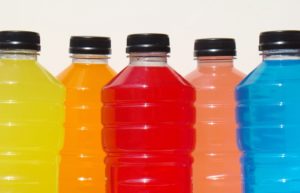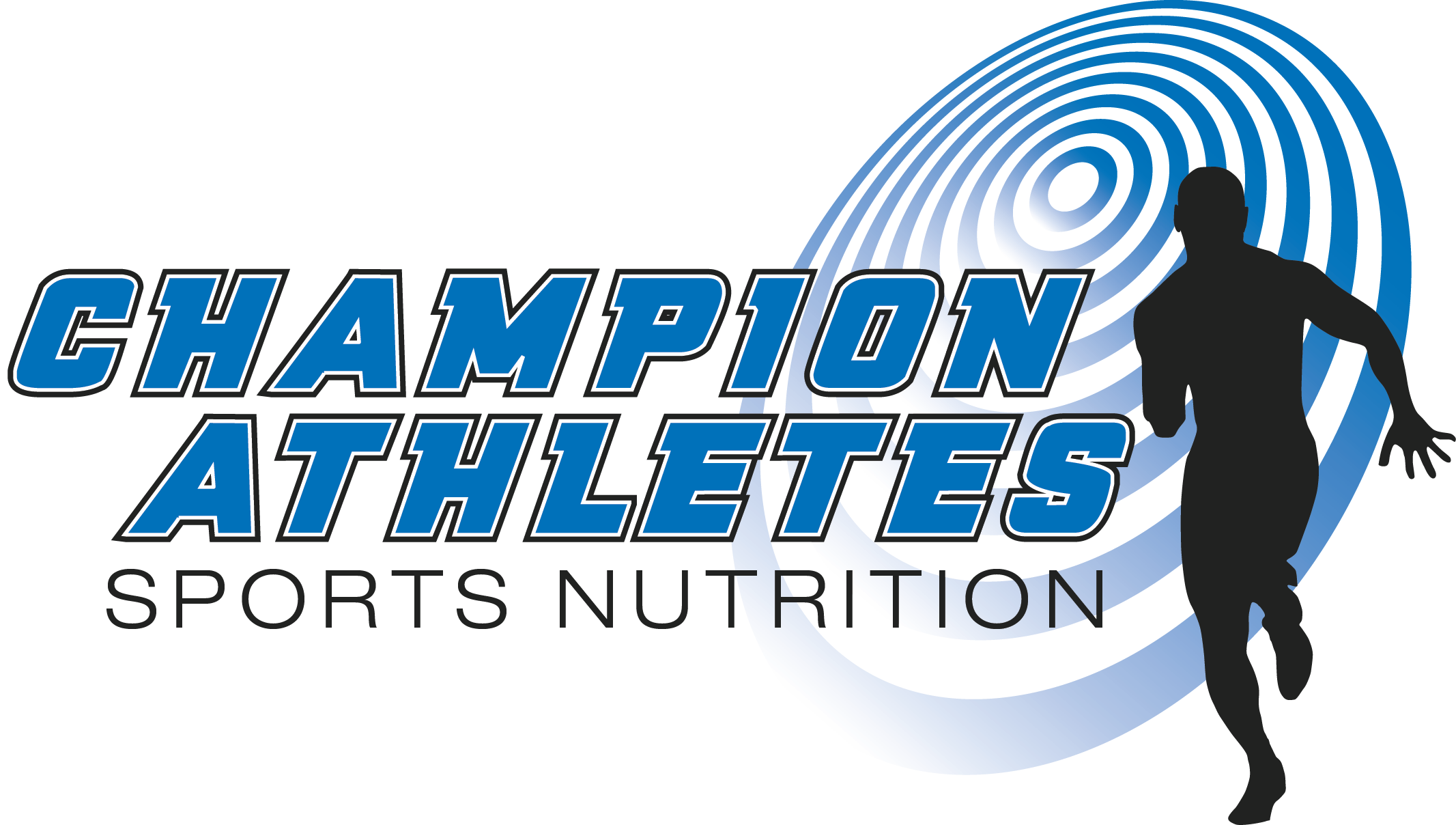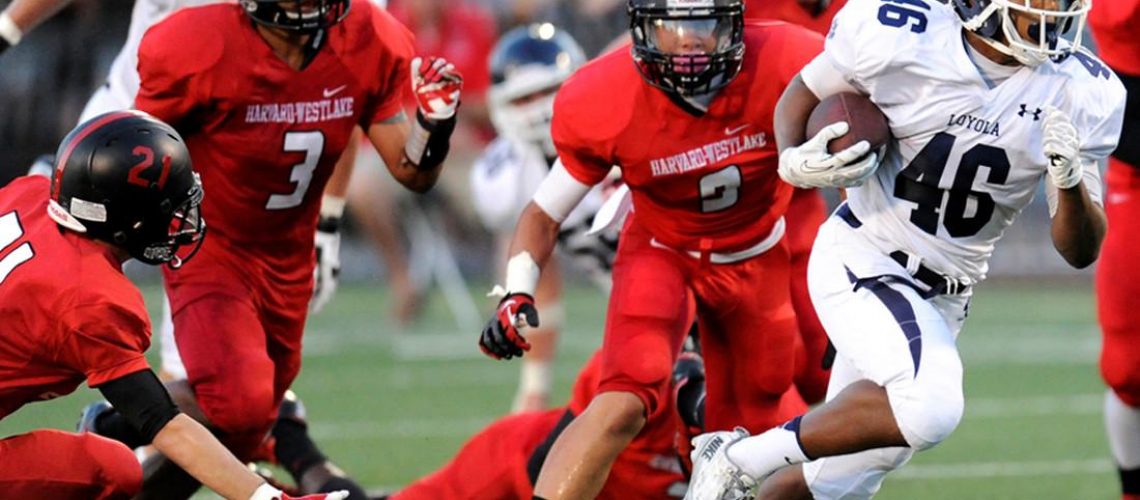Wrestler Nutrition’s Guide to Muscle Cramps
By Mathew Wernikoff, Sports Performance Coach
Muscle cramps can be debilitating and painful, interrupting practices, matches and even sleep. One of the most common complaints by wrestlers are muscle cramps which can lead to muscle strains and often take place at the most inconvenient times. Conventional wisdom tells us to eat bananas and stay well hydrated, a banana a day and a bottle or two of Gatorade don’t always do the trick. Below are some foods, drinks and supplements we recommend to prevent, treat and shorten muscle cramps.
Prevention: What to Add to Your Diet
 Water- Keeps you hydrated and aids in the transportation of nutrients and electrolytes to your muscles.
Water- Keeps you hydrated and aids in the transportation of nutrients and electrolytes to your muscles.
Sports Drinks- Has the same benefits as water but can also supply small amounts of potassium, sodium and other electrolytes needed to prevent cramping.
Pedialyte- Is specifically designed to help relieve dehydration and is used by endurance athletes all over the world to help relieve cramping. It contains a high amount of electrolytes and water and less sugar than most sports drinks.
Sources of Vitamin D: Vitamin D plays a vital role in regulating neuromuscular function. It also aids your body in the absorption of many different nutrients. Salmon, tuna and mackerel are foods high in Vitamin D. Cheese and egg yolks do contain Vitamin D but are not considered significant sources. Your body naturally produces Vitamin D when your skin is exposed to direct sunlight. This is difficult in winter months, so a daily supplement can be very helpful as well.
 Bananas, dark leafy greens, potatoes, yogurt, fish and avocados- Are high sources of potassium, a key electrolyte. Potassium is the major electrolyte found inside the body, including muscle and nerve cells. Along with sodium is helps in sending electrical impulses to nerves and muscles. Potassium deficiency has been linked to muscle cramps.
Bananas, dark leafy greens, potatoes, yogurt, fish and avocados- Are high sources of potassium, a key electrolyte. Potassium is the major electrolyte found inside the body, including muscle and nerve cells. Along with sodium is helps in sending electrical impulses to nerves and muscles. Potassium deficiency has been linked to muscle cramps.
Milk, low-fat yogurt, fortified orange juice, soybeans, sardines- Are rich in calcium. Calcium is involved in muscle contractions throughout the body, including the heart, skeletal muscles and smooth muscle fibers. An imbalance in calcium in the body could lead to severe muscle cramps.
Raw Spinach, Squash and Pumpkin Seeds, Almonds, Cashews, Mixed Nuts, Mackerel, Beans and Lentils, Brown Rice- All significant sources of magnesium. Studies have shown that magnesium plays an important role in stabilizing ATP, the energy source for muscle contraction, and serves as a vital electrolyte in body fluids. Muscle weakness, twitching, cramps are all found to be common side effects of magnesium deficiencies.
During: What to do to treat a cramp!
 Static Stretches- the affected muscle with a mild, static stretch. This can be performed alone or with a partner. Be careful not to overstretch or push to far to fast. Sometimes stretching aggravates cramped muscles, if you’re one of these people try to avoid stretching.
Static Stretches- the affected muscle with a mild, static stretch. This can be performed alone or with a partner. Be careful not to overstretch or push to far to fast. Sometimes stretching aggravates cramped muscles, if you’re one of these people try to avoid stretching.
Apply pressure- Bring the affected muscle into a relaxed position (i.e., not stretched or lengthened) and apply direct compression to the cramp. You can also massage your muscle with the palm of your hand or use an ace bandage to apply pressure. Foam rollers or hand rollers are a great way to apply pressure and help the affected muscle relax.
Pickle Juice- The “secret” of endurance runners and athletes all over the world. Studies have conclusively shown that drinking pickle juice can start to relieve cramps in a little as 30 seconds and shorten the length of cramps by as much as 50%!
Yellow Mustard Packets- If you’re stuck at a wrestling tournament with limited access to supplements, food and fluids you can find some relief in the form of mustard packets. Just head over to the hot dog or food stand and drink a couple packets. The high vinegar content has been shown to provide quick relief for minor to moderate muscle cramps.
Apple Cider Vinegar- It’s believed that the vinegar triggers a reflex that alerts our brains to tell our muscles to stop contracting and relax, and the muscle cramping is reduced as soon as the vinegar touches receptors in the mouth. Mix Apple Cider Vinegar with some water for a ready to go cramp reliever.

Recovery: How to treat a muscle after the cramp is over
Apply heat- To soothe the muscle post-cramp. After a cramp has gone away for a significant period of time, try to induce blood flow into the muscle in order to re-hydrate the muscle and carry away lactic acid build up. A good way of doing this is to apply a heat pack. This will remove much of the pain normally experienced the day after a cramp.
Hot Bath- Add one cup of Epsom salt and one cup of baking soda to relieve muscle cramps and soreness. However, be aware that you need to replenish the fluids that you are going to lose due to sweating under the water and salt drawing it out of your skin. 20 minutes should be more than enough time to feel relief.
Massage- Massage has many therapeutic effects including helping rid your body of built up toxins, relaxing muscles and improving circulation.
Stretching- Gentle static and dynamic stretching can help improve blood flow to your muscles. Be careful not to stretch a muscle that is still in spasm or that has been pulled.
Diet- Try to add some of the foods we discussed earlier to your diet in order to make sure you don’t have cramps again in the future.

